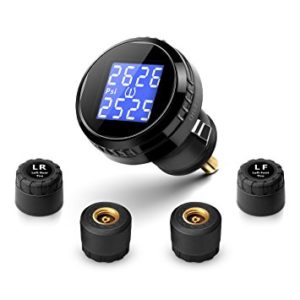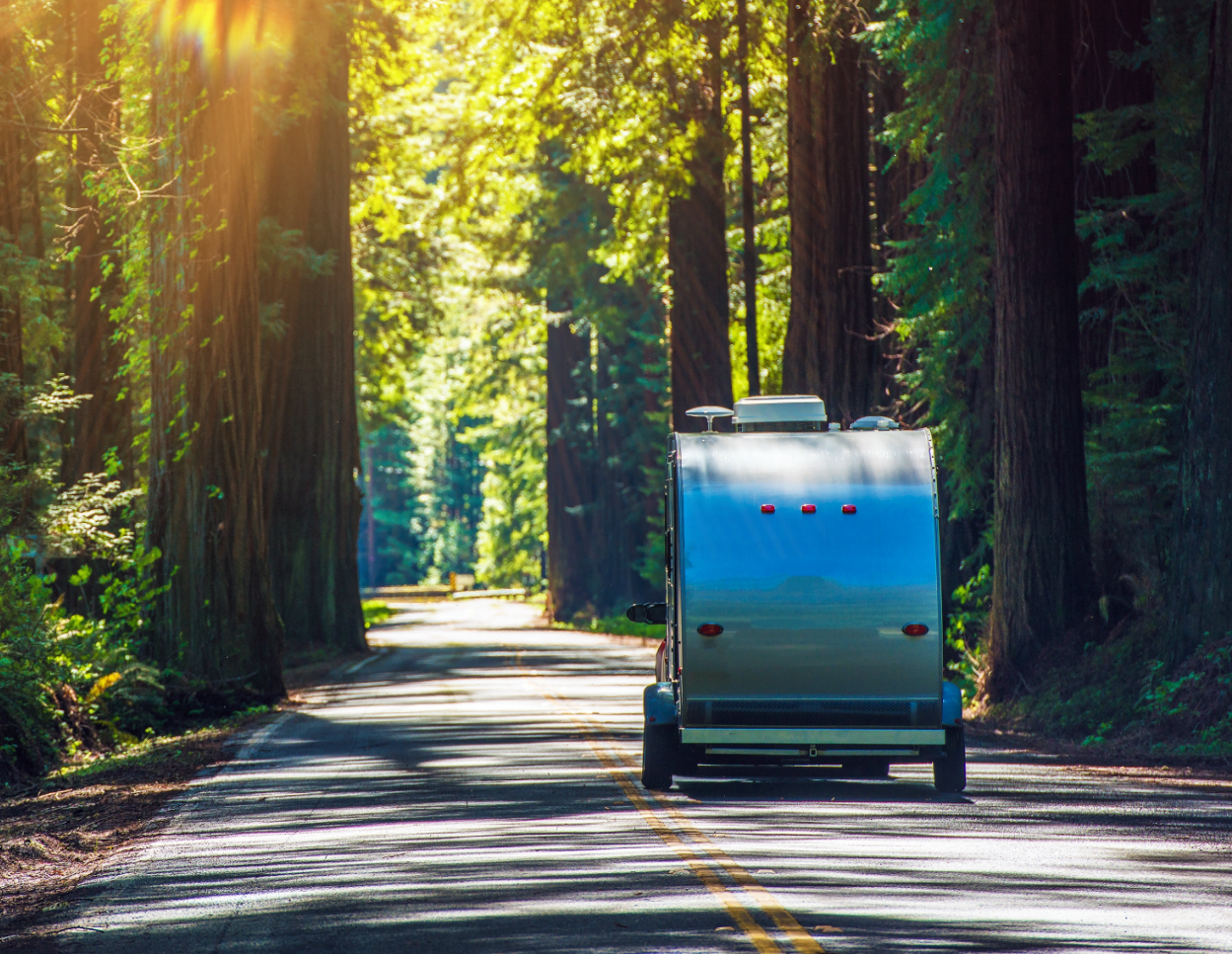
We have a lot riding on our tires. Indeed, even those of us in TTs and 5th wheels, have a lot invested in our home away from homes as they roll down the road to our next festival. Nothing can make you miss the first evening of music quicker than a flat tire, or worse, a blow out, as we leave work and hustle to the festival grounds.
Making a quick departure, and pushing the speed limits (and then some), can leave us prone to tire issues.
Trust us, we know – first hand. Bertha’s tire blew out on our way to Hulaween last October, and recently, a tire took two screws and went flat on our tow vehicle (TV) heading to Spring Reunion.
As festival season begins, and many in the colder climates are de-winterizing their rigs in preparation for summer camping, this was a perfect time to review some basic tire safety.
Our tires take an extreme beating on poorly maintained highways, un-groomed paths at festival RV sites, and higher road temperatures common to summer travel. With all the debris on our roads today, it’s almost impossible to avoid picking up a nail or screw from the road. We jokingly say we have a 50% chance of that happening; either it’s going to happen, or it’s not.
While there isn’t much you can do to prevent that, there are some basic measures you can take to help keep you rolling on down the road.
TIRE PRESSURE. Watch it carefully. Under/over inflated tires are a common cause of tire failure. You should check your tire pressure not only before a

ny trip, but during the trip as well. We use a basic guideline of six hours of driving between checking tire pressure. For most, it’s about once a day, if it’s a travel
day. If you log a lot of hours and miles, a TPS (tire pressure monitoring system) system is will continuously monitor tire pressure in real time. It’s a perfect Xmas gift for the RVer who has everything.
TIRE WEAR. Inspect tires regularly. Uneven tire wear should be evaluated by your tire dealer asap. It is often from mis-alignment. Check for any sidewall damage. If in doubt, get it looked at by a pro.
ROTATE / BALANCE / REPLACE. To prevent excessive wear and prolong the life of your tires, replace as necessary. If your tires are approaching 10 years of age (birth date is the last 4 digits in DOT ID stamp), replace them. If you put a lot of miles on them, replace them after five years, even if tread is good.
OBSERVE MAX SPEED. Many do not realize RV tires are rated for a maximum speed. Most Load range “E” tires have a max speed of 65 mph. Continuous driving above this limit can lead to catastrophic tire belt failure.
MAINTAIN. Cover your tires when the RV is stored. Tire covers are easy and cheap insurance. This protects tires from continual sun/UV exposure, which can degrade the rubber. Do not spray cleaners and protectants with alcohol or other very drying chemicals on your tires. Some tire shine products are actually harmful for tires.
Bonus tip: Have your wheel bearings repacked every other year, or if you log a lot of miles, consider it annually.
You have a lot riding on your tires – beyond a timely arrival at your next music festival or camping outing. Protect them every chance you get.
